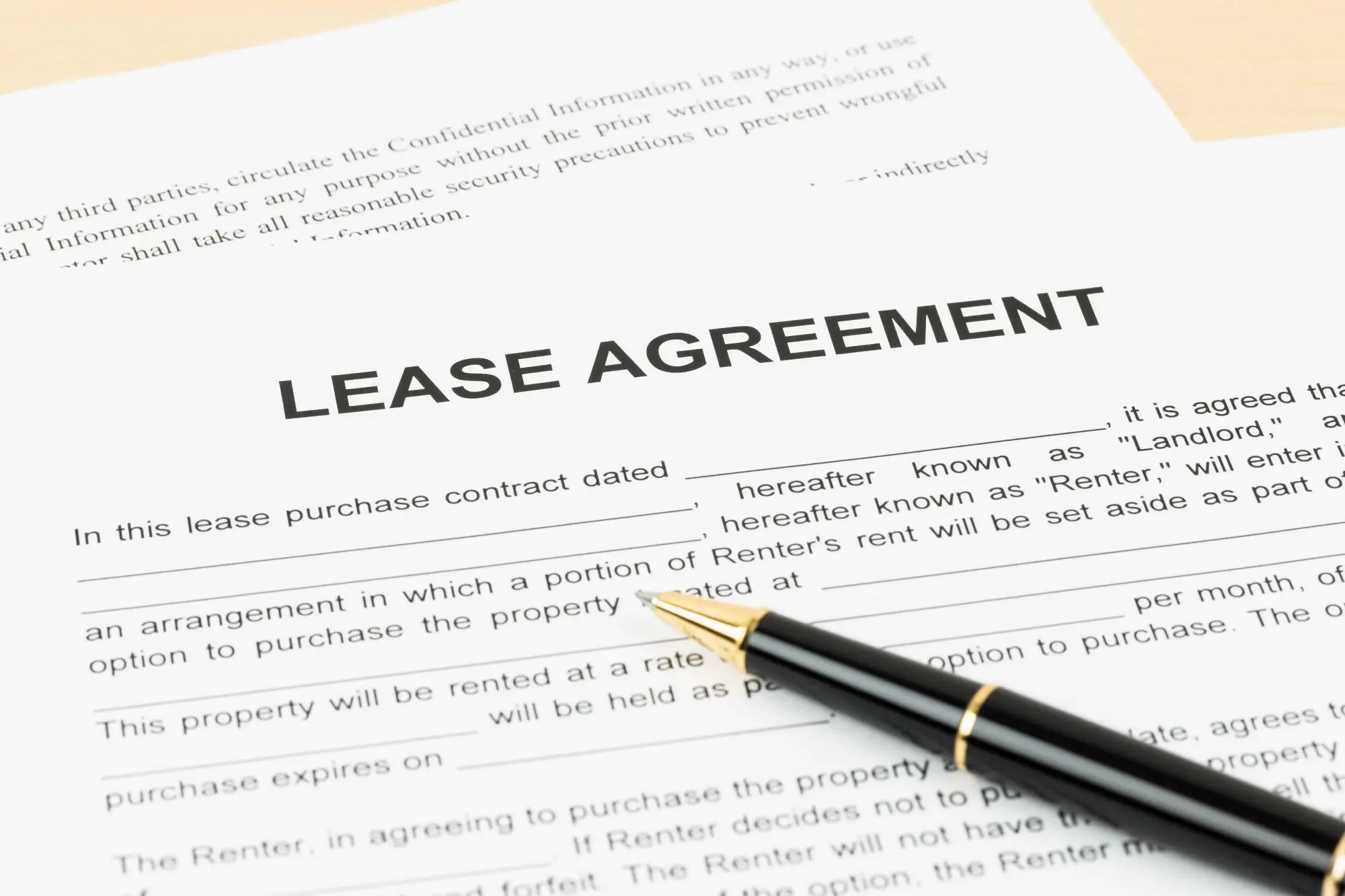Is your current relationship with your tenants not going as smoothly as you'd have hoped? There are protection mechanisms available when tenants do the types of things that make landlords sweat (paying rent late or not fully, damaging property, etc.).
These actions aren't mere irritations; they're violations of the lease agreement! When these breaches occur, you can employ lease enforcement measures to protect your property and your landlord-tenant relationship. Learn about five lease enforcement tips that work in this quick guide.
1. Don't Skimp on Tenant Screening
One of the best ways to get lease compliance is to place compliant tenants. Conducting a thorough tenant screening process for new applicants lets you assess whether future tenants will be easy to work with. However, the screening process itself must comply with NY state's laws.
There are special rules regulating how to charge the application fee that covers tenant screening. You must also follow the Fair Housing Act when choosing tenants based on their background checks. You can hit both these targets with one arrow by outsourcing your tenant screening to a property management service.
2. Have a Detailed Agreement
Your lease agreement should not only include the bare minimum (rental price, payment period, and duration of tenancy). Rather insert terms that suit your preferences and clearly define how you want to run things. These terms should cover:
- Inspection procedures, frequency, or both
- Penalties for property damage or late rent
- Other property-specific rules you want to be followed
3. Communicate Consistently
One of the simplest and cheapest tenant enforcement strategies is to communicate your desires to your tenants clearly and consistently. Clear communication is easier for tenants to follow practically in their day-to-day living. Consistent doesn't mean constant, but rather that the message is the same every time you repeat it.
4. Conduct Regular Inspections
It's much harder to enforce your lease's terms if you're not sure about how your tenants are treating your property. Regular inspections can keep you in the loop and also often have the side-effect of promoting better lease compliance.
Ensure that you follow Long Island's rental property laws for inspections, as these protect your tenants' rights to dignity and privacy. Also, try not to conduct too many inspections, as that risks scaring tenants away.
5. Enforce Consequences Appropriately
Any penalty clauses in your lease agreement are useless if you don't choose to enforce them. Failing to do so often communicates that you tacitly accept that the tenants don't have to follow the rules or adhere to their contracts. Mechanisms like late payment fees and evictions are there to protect you as a landlord and property owner.
Become a Lease Enforcement Pro
Lease enforcement isn't about trying to be mean; it's about getting everyone to adhere to the contract that both parties signed. It's also the way you protect your investment property.
Tenant screening and detailed leases are excellent ways you can start your lease enforcement practices off on the right foot. Consistent communication and regular inspections are also excellent soft methods of promoting lease adherence. However, be sure to enforce the penalties as listed in the lease if you ever need to.
If you need help with lease enforcement strategies, PMI Empire Solutions is here for you. Contact us today for cutting-edge, tech-driven solutions to all your property management needs.


